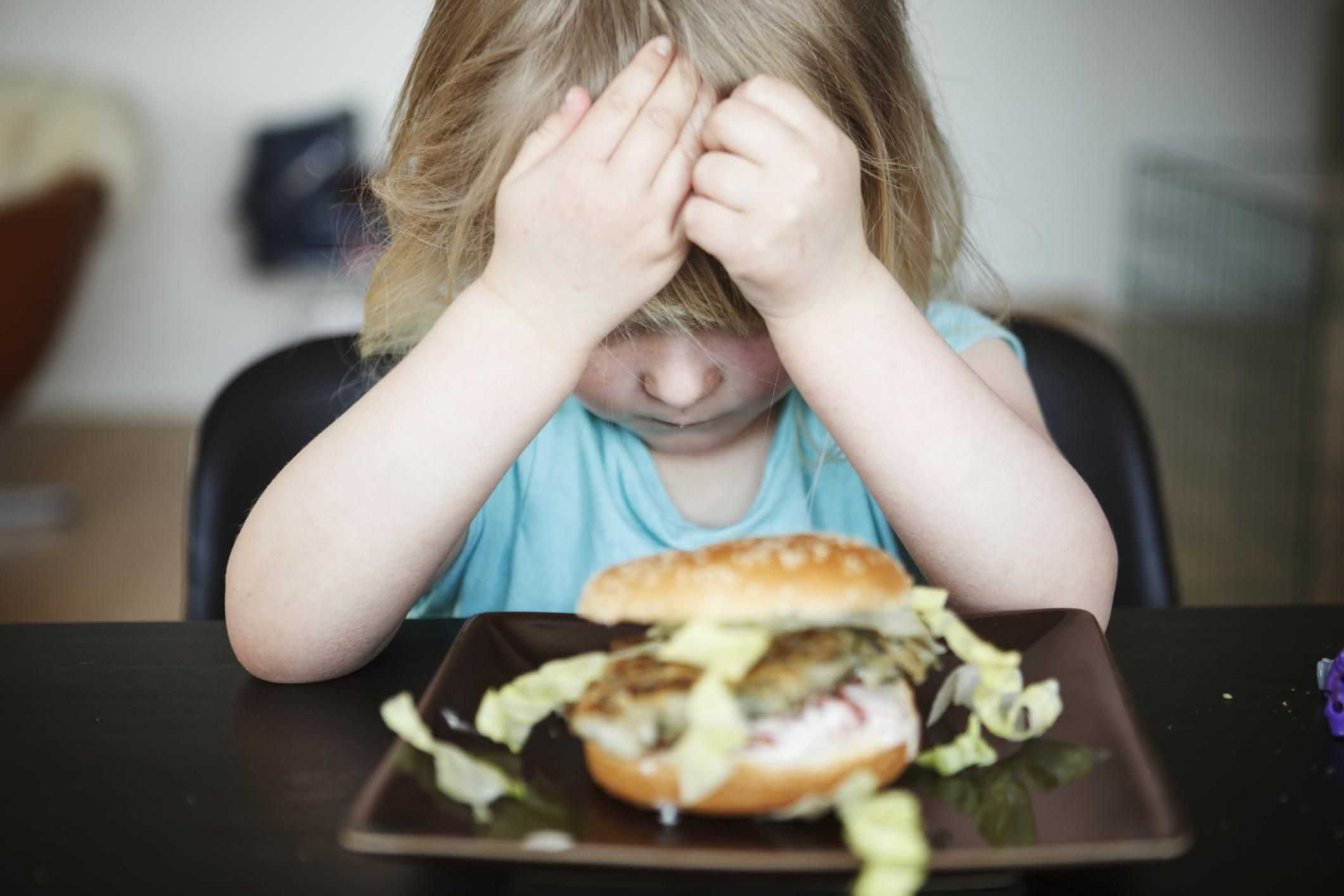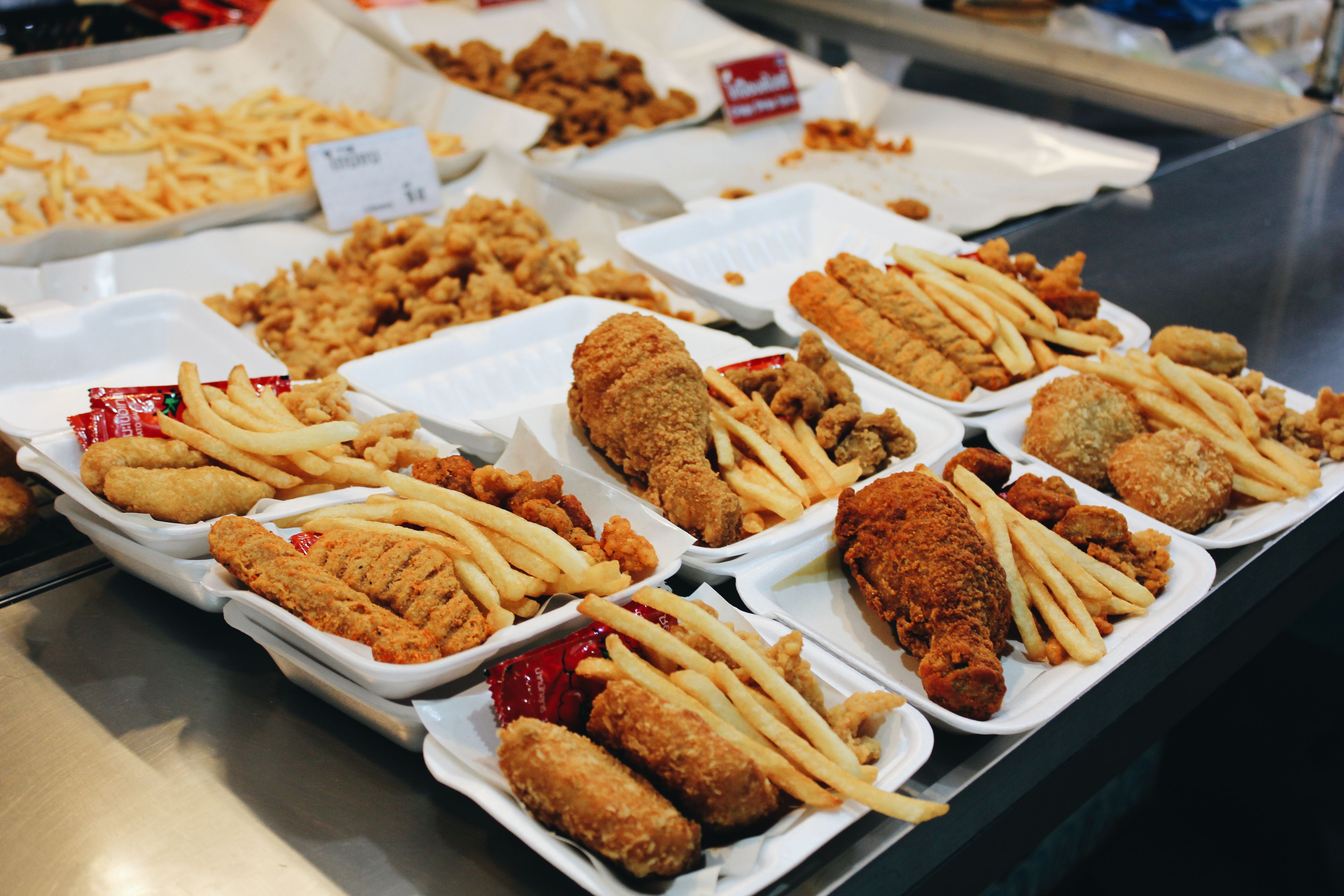BROUGHT TO YOU BY BUPA GLOBAL
We all know that with the right foods in our diet, we can benefit immensely when it comes to maintaining our energy levels, fighting inflammation, and getting our general health back on track. But did you know that there are foods that can contribute to positive mental health by boosting our mind? We're not talking about stuffing our faces with pizza or chocolate, in fact, these might do the very opposite! (We know, it's hard for us to accept too). Here to tell us all about what foods can help boost our mood and which stress-inducing foods to avoid is BUPA's senior dietitian, Maya Aboukhater.

How Does Food Impact Our Mental Health?
According to the World Health Organization (WHO), mental health issues are the biggest cause of the overall disease burden across the world, with 300 million people worldwide living with depression. In the UK alone, one in four people will experience a mental health issue each year, while one in six people report experiencing a common mental health issue such as anxiety every week. Although it is widely recommended to increase your levels of physical activity to help improve your mental health, it is also important to understand how the items in your shopping trolley can affect your mood too.
"Feeling good comes from a balanced diet that provides adequate amounts of healthy carbohydrates at a regular time," explains Aboukhater. "This helps to keep blood glucose levels stable, therefore it is very important to start your day with a good healthy breakfast". It is also important to ensure that our diets are varied so that we are able to concentrate and remain fully focused. One should eat plenty of fruits, vegetables, and wholegrain cereal foods, with some protein, including oily fish. Not only will this provide us with a well-balanced diet packed with vitamins and minerals, it can also support our body to function properly.
According to the British Dietetic Association, the ability to concentrate and focus comes from an adequate supply of energy (from blood glucose) to the brain. The glucose in our blood comes from all the carbohydrates that we eat, with foods including fruits, vegetables, cereals, bread, sugars, and lactose in milk.

Five Mood-Boosting Foods
You may have heard that serotonin is a ‘feel-good chemical’, which experts link to having lower levels of depression. So it’s important that your diet includes foods that can boost your levels of serotonin. Foods like chicken and turkey contain tryptophan, an amino acid that can trigger serotonin.
Vitamin D, or the ‘sunshine vitamin,’ has long been in correlation with mood and overall mental health. While it is naturally achieved through sunlight – and as such, people in the UK tend to suffer from a lack of it during the autumn and winter months – there are a small number of foods which can help. Good sources of Vitamin D include oily fish such as salmon and sardines, as well as egg yolks and fortified foods such as wholegrain cereals.
Foods that contain high levels of iron, such as red meat, poultry, and pulses (beans and lentils) will make you feel more energetic. Choose lean meats and look to remove excess fat, also avoid frying where possible. It is not advised to drink tea with meals as it discourages iron absorption in the body.
Blueberries contain vitamin C and antioxidants, both of which our bodies need to help repair and protect cells, and serve as stress-busters. Oranges also contain vitamin C, which is known to lower blood pressure and the stress hormone cortisol.
It may be boring to hear of the health benefits of eating the right vegetables, but leafy greens are known to have a positive impact on your mental wellbeing and again, regulate cortisol levels. They contain folate, which helps to boost your mood. Try adding spinach to meals you are already having, whether it’s adding it to your breakfast, replacing other vegetables with it in your sandwich, or dropping a handful of greens into your soup.

Five Potentially Stress-Inducing Foods
It’s natural to crave sweets when you’re feeling stressed and want to indulge, but the consumption of increased sugar can actually lead to energy crashes, irritability, and increased food cravings. So stay strong, and don't give in to your sugar-high cravings.
It’s obvious – processed foods that are high in fat, salt, artificial additives, and offer little nutritional value aren’t good for you. And it is these foods that can directly increase your cortisol levels, adding to any stress that you may already be feeling.
-
Fried chicken, fried cheese sticks, and french fries
Plenty of us love fried chicken and chips. Unfortunately, while the high carb and fat content within these foods may give you energy in the short term, it’s likely to lead to a crash later on. Not to mention the negative impact they can have on your weight if you are not eating them in moderation.
Stress can sometimes lead to digestive troubles, and spicy foods can aggravate this. If you are stressed, this will slow down your metabolism and make it harder to digest food, which can lead to problems such as acid reflux.
Caffeine is mainly found in coffee, cola, dark chocolate, and energy drinks. Many people feel like they need coffee to get them through their busy day, but high intake of caffeine can have a disruptive effect on sleep and may cause the adverse effects of irritability and headaches. Sleep is also connected to mood, so not having a regular sleeping pattern can seriously affect your mental state. If you’re going to drink coffee or have an energy drink, make sure it is not in the hours of leading up to bed time.
[su_note note_color="#eeeeee"]
 bupaglobal.com
bupaglobal.com | 2531 8586 |
[email protected] [/su_note]
DISCLAIMER: This article was designed and produced by Bupa Global by searching internal and external data and information for information provision and reference purposes only. Any views or information mentioned and set out in this article/webpage are based on general situations. Readers should not regard them as medical advices or medical recommendations. Before making any decisions about the theme of this article, you are recommended to seek independent advice from suitable professionals (such as doctors, nutritionists, etc.). It is clearly stated that Bupa Global will not bear any responsibilities for others’ usage or interpretation of the information listed in this article. When preparing and/or updating this article, Bupa Global endeavours to ensure that the content is accurate, complete and updated but will not bear any responsibilities nor make any warranty or guarantee for the accuracy, completeness and timeliness of the information or for any claims and/or losses caused thereby.
[button color="blue" size="medium" link="https://localiiz.us4.list-manage.com/subscribe/post?u=c2964a434922598f5d8ee53ff&id=07d327a2e8" icon="" target="true"]Subscribe to receive our weekly newsletter[/button]



 bupaglobal.com | 2531 8586 | [email protected] [/su_note]
bupaglobal.com | 2531 8586 | [email protected] [/su_note]